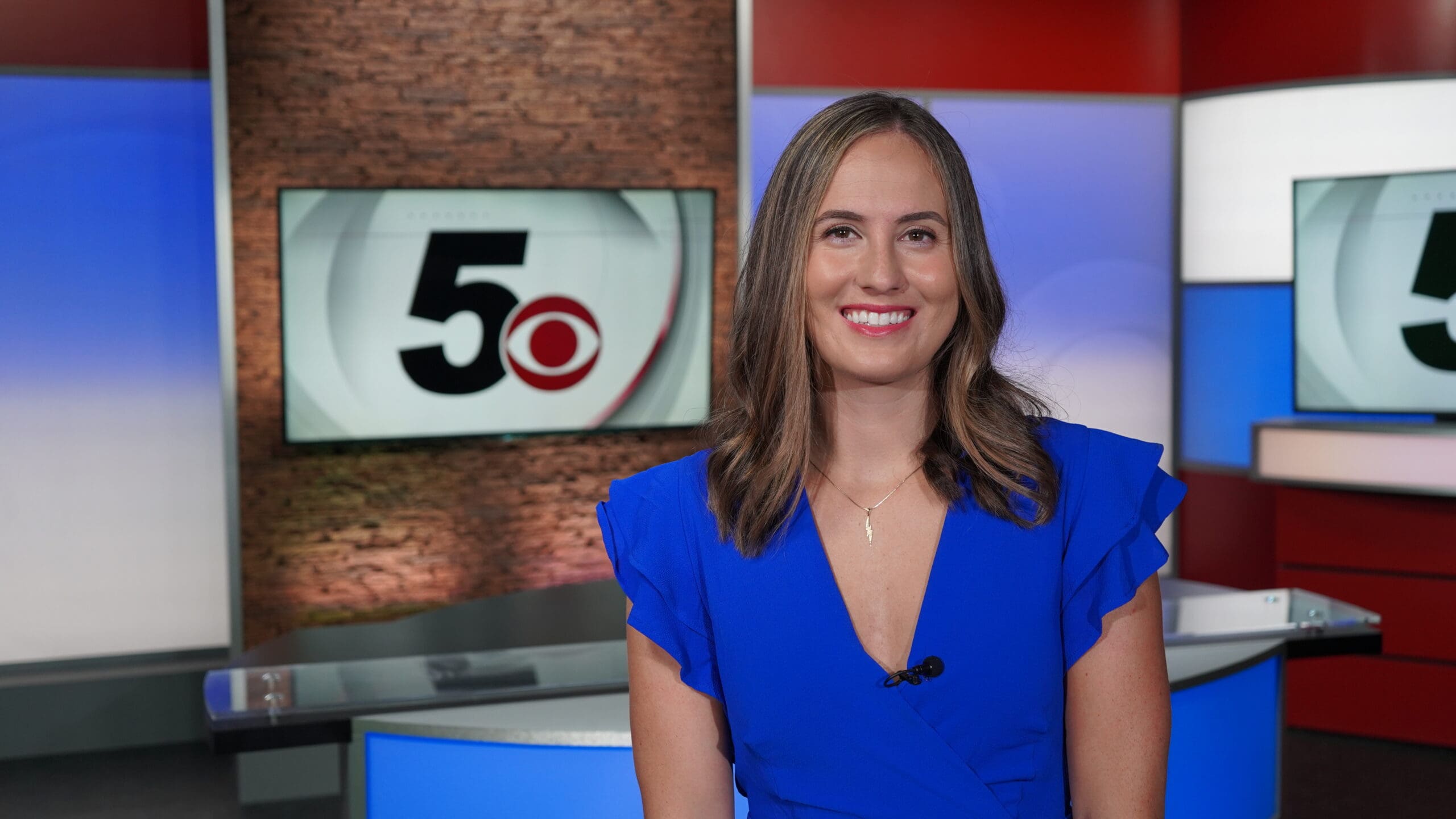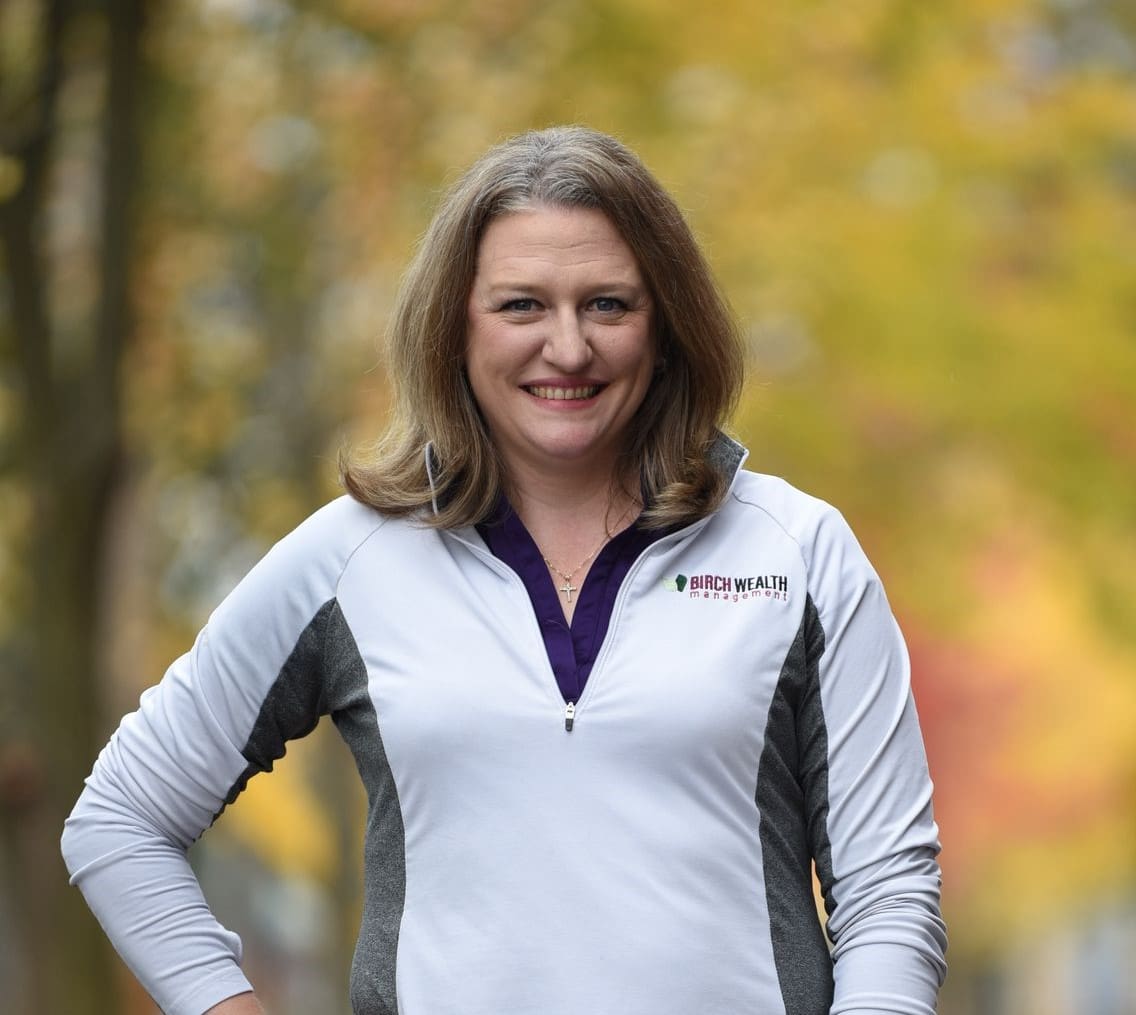By Kate Hanzalik
Ellyn Riley has been investigating tough questions her whole life – some about the intersections of science, people, and family, some about her career and what it means to be a woman in the sciences. While the answers weren’t always easy to find, they led her to who she is today, an associate professor of Communication Sciences and Disorders (CSD) at Syracuse University and the founding director of a lab investigating aphasia, a lesser-known language disorder in which people struggle with word finding and comprehension. Throughout her journey, she has dedicated her life to communication and human connection, and it’s that kind of dedication that we can all learn from and be inspired by.
The Catalyst
“[My dad] was a professor and a research scientist when I was growing up. So that was an influence for my interest in science,” Riley said. “One of the things he encouraged me to do was science fair, which was at first not something [I] really wanted to do . . . but it was something that I was actually pretty good at and so I kept going with it.”
But during high school, as Riley won scholarships and awards at international science fair competitions, her grandmother had a stroke. This “funny and heart-warming” newspaper columnist suddenly lost her ability to do her job. While her intellect remained intact, “she was really not able to express herself through speech and writing the same way after the stroke,” Riley said. “I knew as a kid living far away that she really couldn’t talk on the phone very well like she used to be able to. We used to call her up every week and talk to her. And that was sort of my understanding of [aphasia] then.”
That was the new normal as Riley attended University of New Mexico in Albuquerque, majoring in biology in the hopes of doing some kind of science research. “I started working in a few different more wet-lab kind of science labs, working with cancer cells, but I thought I was going to like it more than I ended up liking it. I realized that the thing missing for me was that there was very little interaction with people, and so a lot of the things we were doing seemed to me so far from who we were trying to help.”
It wasn’t until she took a linguistics class that she learned about aphasia. “I realized, ‘Oh, that’s what my grandmother has.’ I made that connection, so that made it very personally interesting for me. I started doing some research on my own, [asking] what is aphasia? I realized there’s this whole field out there, speech pathology, that studies neurogenic communication disorders, and this is something that I didn’t even have an awareness of before college.” At this time, her grandmother still had trouble talking, reading, and writing, but she was getting better, and Riley wanted to know more. So she minored in Speech and Hearing, and eventually enrolled in a doctoral program at Northwestern University conducting research in CSD.
The more she learned, the more she connected with her grandmother. “[I] would go visit her every couple of months so sometimes I would bring language tests with me so I could practice them, and she was always really nice about participating in that and just sort of encouraging my interests in it.” Her grandmother’s aphasia was barely perceptible at that point. “Some people make a really great recovery, and I think my grandmother is a good example of that, and other people have a hard time and might for the rest of their lives have significant language difficulties. It really depends.”
Although her primary focus was research, she decided to also complete a clinical degree in speech-language pathology, making her a better researcher because she could more effectively communicate with patients about their needs, which led her to new questions: “What kinds of research questions should we be asking? Not just what I want to know, but what do they need? So how can we shape our research to fit the needs of the population?”
The Aphasia Lab
In 2014, Riley brought her questions about aphasia to Syracuse University and started the Aphasia Lab. She received grant funding from the National Institute of Health to determine if electrical brain stimulation can enhance the effects of behavioral therapy for people with the disorder. She’s also among the first to examine the ways significant fatigue effects people with aphasia and strokes; and now, with the help of a grant from the National Aphasia Association and the Academy of Aphasia, she’s developing assessment tools and training for providers.
For the former study, they’re still recruiting participants. For the latter, they’re still recruiting participants as well, and she’s finally gaining respect for her ideas. “[Fatigue research is] something I’ve been interested in from the very beginning when I started in academia, but it’s been really hard to get going because it hasn’t been fundable research up until now. It’s not until [it became] sort of a hot topic where now it’s starting to get on people’s radar…I think that the tide, I hope, is going to be turning toward focusing more on experiences of the patients and exploring some of those areas.”
Hopefully another tide will be turning too: sexism and gender bias in the sciences. “[The speech-language pathology and audiology] field is predominantly female, over 95 percent of us identify as female . . . but [recent research showed] there is still a gender discrepancy in that historically, higher proportions of prestigious career awards have gone to males, who are also more likely to receive higher starting salaries, so gender bias is still there.” Although individuals with a wide range of gender identities have contributed to Riley’s research over the years, 100 percent of those currently working in Riley’s lab are female, and she’s made it a point to create a research setting that fosters free expression and the importance of trial and error in science. “I try to have a pretty open-discussion kind of environment, encouraging brainstorming, encouraging ideas.”
With all the progress she’s made, Riley’s certain that her future will be filled with more questions. “[Research] is not just about answering the question that you originally presented. . . but also being open to new questions that will come up, other things that you notice about the participants . . . that make you think about another interesting question, which could end up taking your research in an entirely different direction.”
For more information about the Aphasia Lab, visit https://aphasialab.syr.edu.





